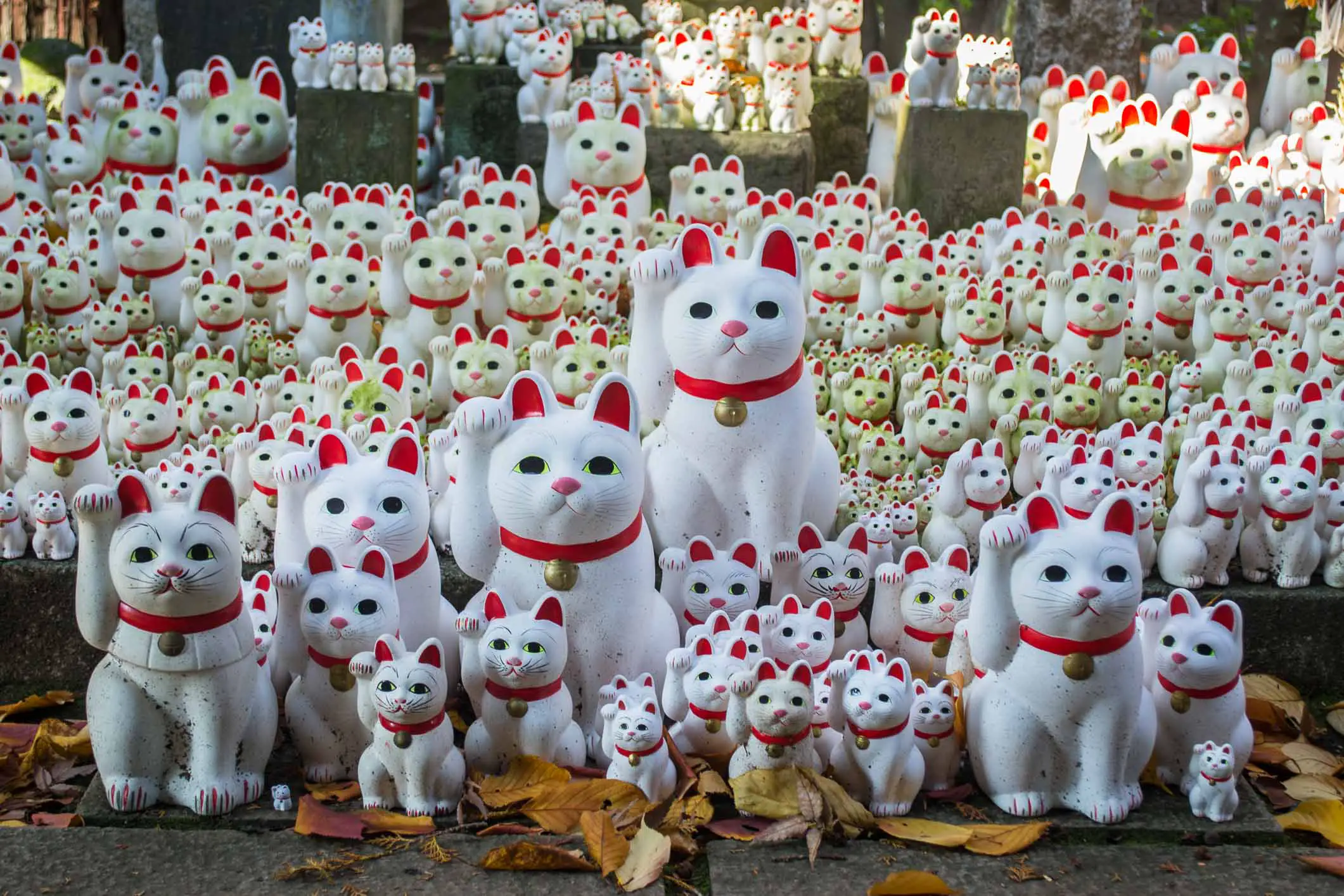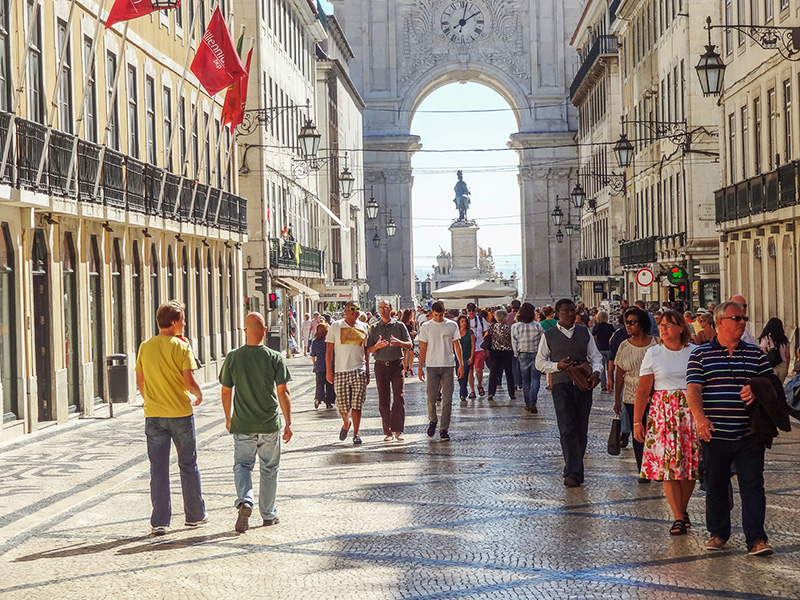Slow travel is becoming more and more popular, and many global destinations are adapting to attract more luxury travellers
Slow travel has emerged as one of the most transformative trends in global tourism, redefining the way people explore the world by prioritising meaningful, immersive experiences rather than rushing through destinations.
This movement encourages travellers to linger longer, deeply connect with local cultures, and reduce their environmental footprint by slowing down their pace, embracing sustainability, mindfulness, and wellness along the way.
In 2025, slow travel is capturing the hearts of diverse demographics across the globe, signaling a profound shift in travel values and behaviours that reflect broader social and environmental consciousness.
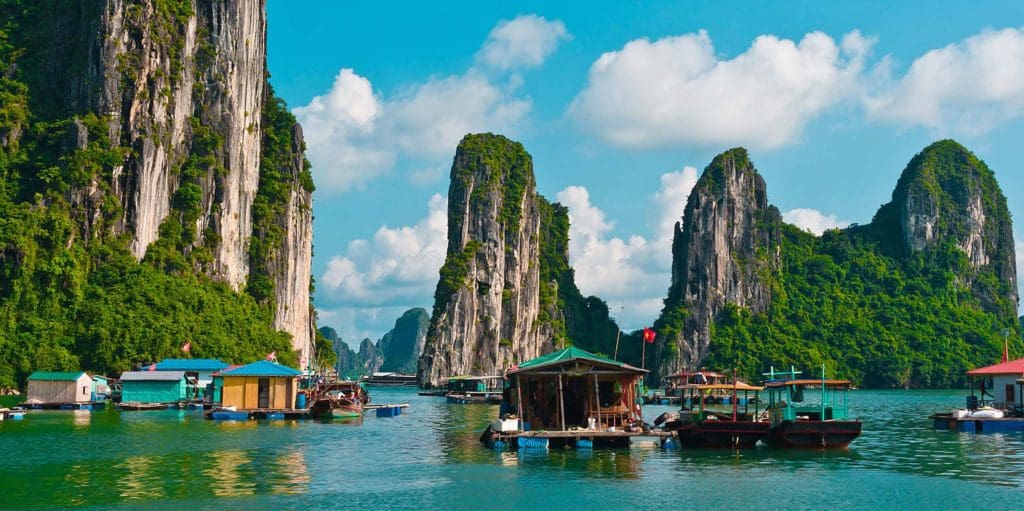
What Is Slow Travel?
Slow travel contrasts sharply with the traditional fast-paced tourism model. Instead of ticking off landmarks hastily, it focuses on quality over quantity, encouraging travelers to stay longer in fewer places, engage with local communities, and explore beyond mainstream attractions.
This approach not only fosters cultural appreciation but also supports local economies more effectively and reduces carbon emissions. It embodies sustainability, authenticity, and wellness, resonating deeply with travellers seeking to escape the superficiality and exhaustion of hurried vacations.
Who Is Embracing Slow Travel?
Demographically, slow travel appeals broadly across ages and regions. Surveys reveal that over 90% of Americans across Gen Z, Millennials, Gen X, and Boomers express interest in slow travel, and a majority who have tried it highlight the value of immersive cultural experiences and environmental benefits.
Globally, there’s increasing demand from urban professionals, remote workers, and wellness-focused travellers who prioritise mental and physical health in their getaway planning. The trend also reflects rising environmental awareness, as travellers seek to minimise air travel and over-tourism impacts, opting for modes like trains or longer stays in lesser-known destinations.

Top 12 Destinations for Slow Travel in 2025
- Rayong, Thailand
Known for its serene coastline and unspoiled beaches, Rayong is perfect for travelers seeking tranquility and genuine culinary experiences straight from the fishing boats. Its natural pace encourages relaxation and immersion in Thai culture. - Kalegowa, Indonesia
A hidden gem, Kalegowa offers lush rice terraces, traditional markets, and peaceful trekking trails. This quiet village is ideal for slow travelers seeking authentic Indonesian heritage and a break from tourist crowds. - Seoul, South Korea
Seoul blends vibrant city life with pockets of history and calm. Visitors enjoy wandering through hanok villages, tea houses, and night markets at a leisurely pace, experiencing the depth of Korean culture. - Tokyo, Japan
The sprawling metropolis invites slow exploration through its diverse neighborhoods: from the bustling Shibuya to peaceful, historic Yanaka. Food lovers appreciate the unhurried pleasure of seasonal cuisine and neighborhood dining. - Nha Trang, Vietnam
Beyond its beaches, Nha Trang’s mud baths, ancient towers, and relaxed vibe make it a sanctuary for travelers aiming to rejuvenate and soak in local traditions. - Boracay Island, Philippines
With powdery beaches and vibrant coral reefs, Boracay encourages slow, nature-centered experiences like snorkeling, sailing, and island hopping without rush. - Taipei, Taiwan
Taipei’s mix of night markets, hot springs, and scenic hiking trails caters well to slow travelers wanting a balance of urban amenities and natural beauty. - Lisbon, Portugal
Lisbon’s historical charm, artisanal markets, and seaside neighborhoods reward slow-paced exploration and indulgence in its café culture and creative arts scene. - Cornwall, England
Known for its rugged coastline, quaint villages, and culinary festivals, Cornwall invites travelers to savor time with nature and local heritage. - Albania
Emerging as a low-cost, low-tourism destination, Albania offers pristine beaches, mountain trails, and authentic rural experiences for extended stays. - Sardinia, Italy
Sardinia’s secluded coves, Mediterranean cuisine, and traditional festivals exemplify the slow travel ethos of blending leisure with cultural immersion. - Guadalajara, Mexico
Famed for its arts scene, markets, and gastronomy, Guadalajara encourages visitors to dive into Mexican culture with time to appreciate craftsmanship and local festivities.
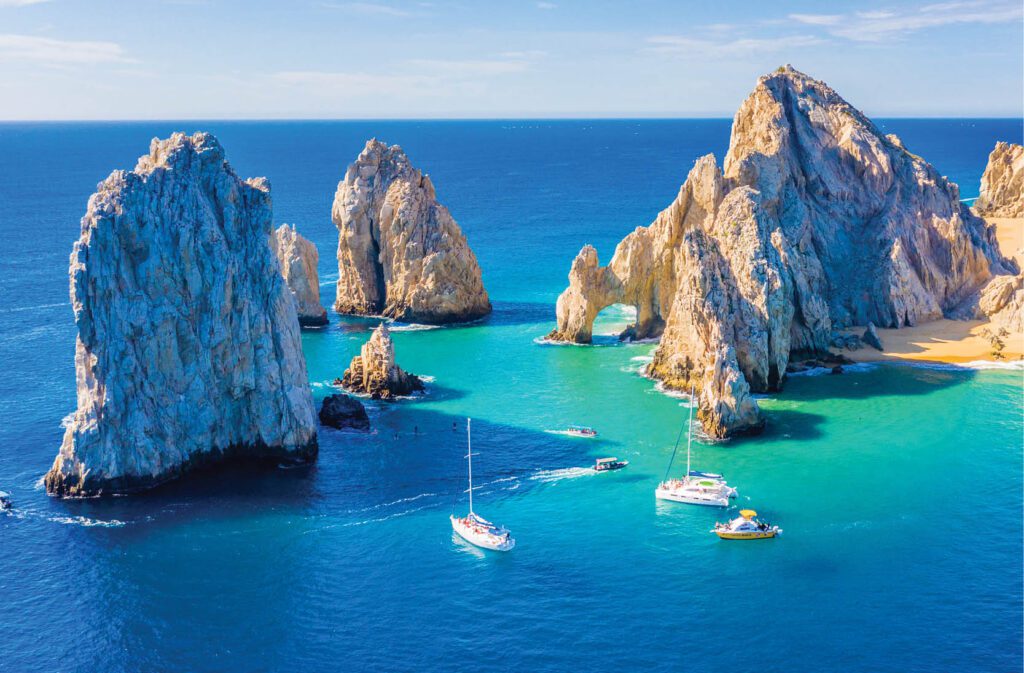
Why Is Slow Travel So Popular?
Several factors drive the rise of slow travel. Post-pandemic shifts have increased desire for meaningful, stress-free vacations prioritizing well-being over status or quantity.
According to studies, many seek to avoid burnout, with slow travel offering rejuvenation through mindful pacing and deeper connections. Environmental concerns also motivate travelers to reduce short-haul flights, favoring train travel or longer stays to lower their carbon footprint.
Slow travel aligns with wellness tourism, which is projected to grow significantly, as people view travel as an extension of self-care. Culinary tourism dovetails with this, as consuming local food and engaging with traditions are key drawcards. Flexible work options and remote work also facilitate longer trips, making slow travel accessible to broader demographics, including millennials and Gen Z.
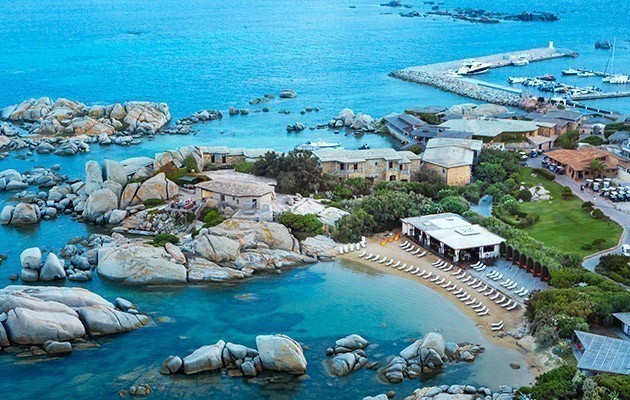
The Future of Travel Is Slow
The slow travel movement challenges the notion of seeing more by inviting travellers to experience more deeply. As the travel industry responds to sustainable tourism demands and traveler well-being priorities, destinations embracing slower, authentic, and eco-conscious tourism will flourish. For conscientious travellers, choosing one thoughtfully curated destination and savoring every moment there will be the ultimate journey in 2025 and beyond.
This curated overview spotlights the premier global slow travel destinations, underscoring why this travel philosophy is more than a trend—it’s a profound cultural shift embraced worldwide for richer, healthier, and sustainable travel experiences
